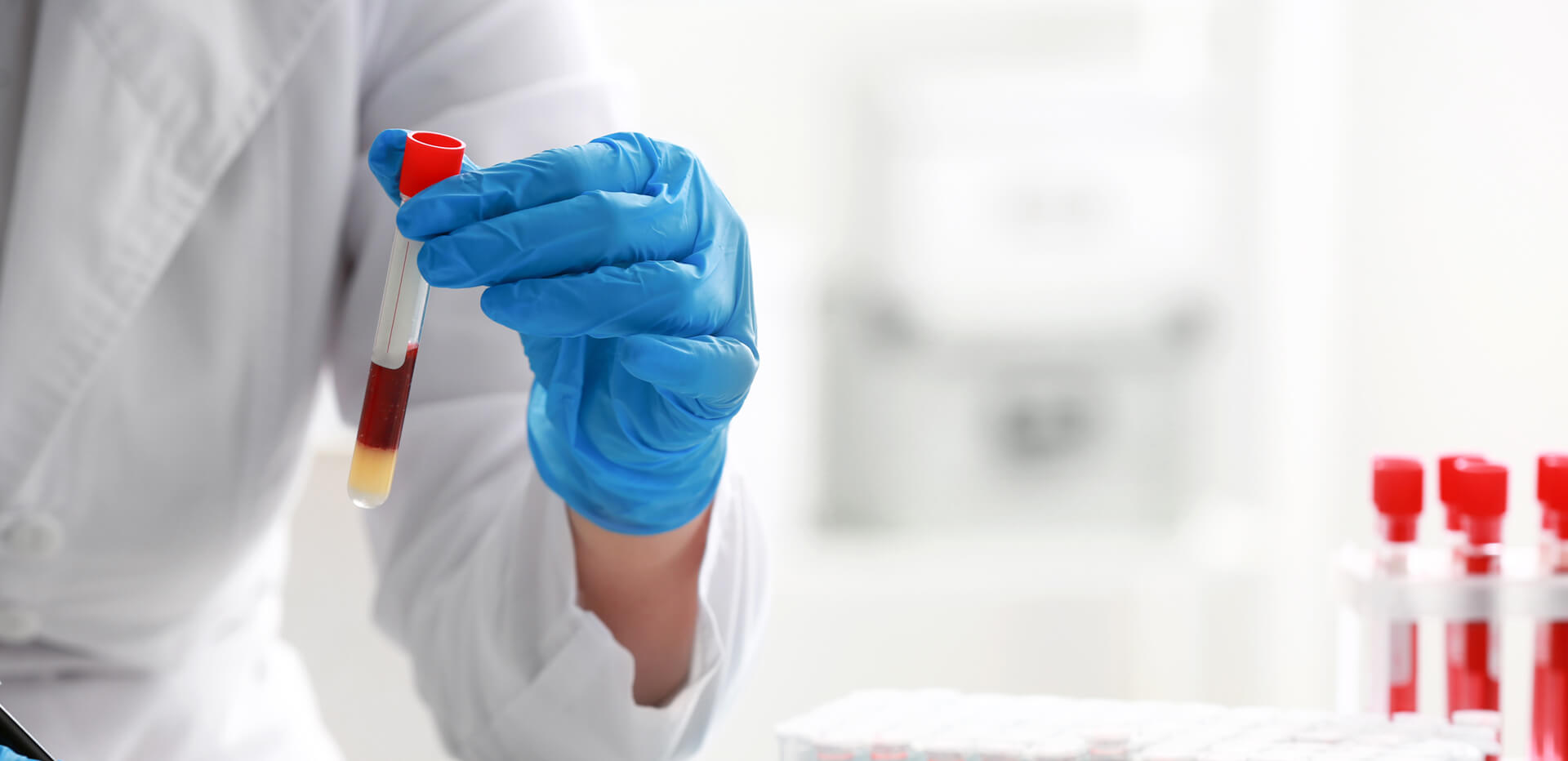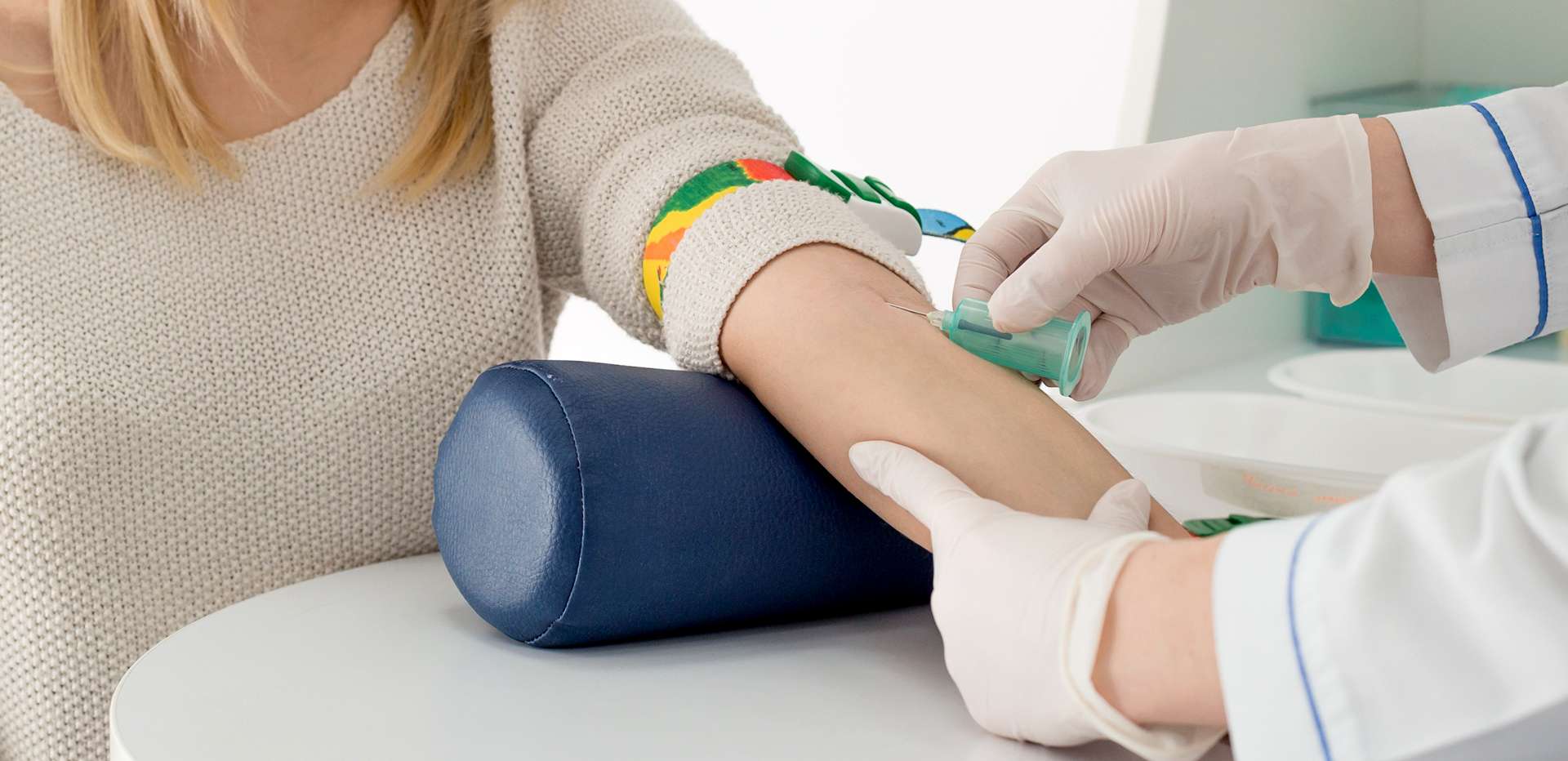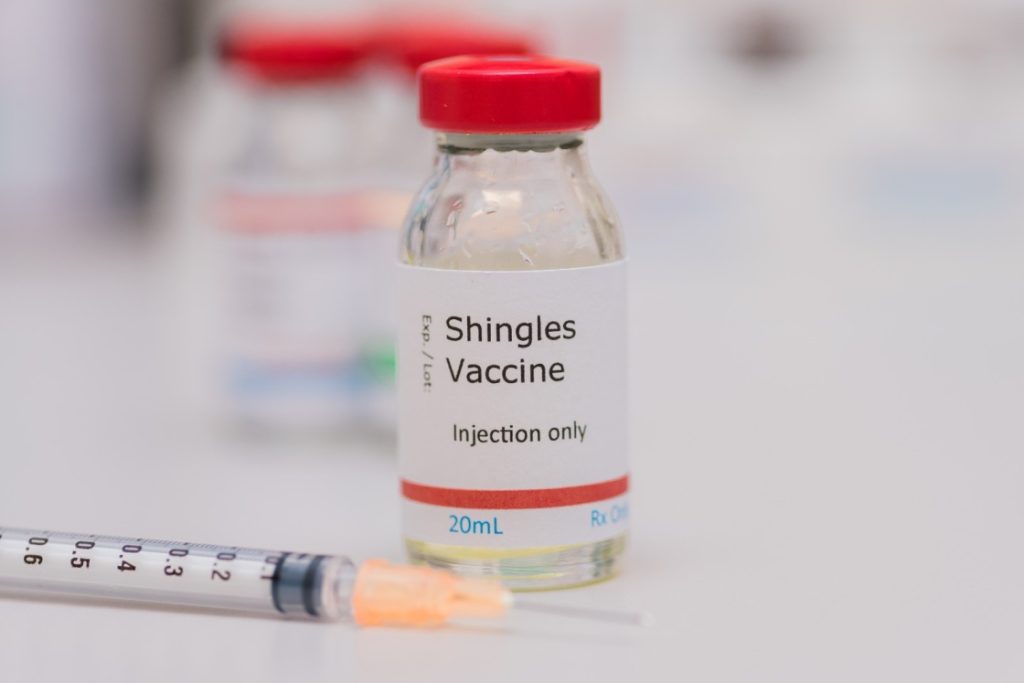After an individual recovers from chickenpox, the Shingles virus remains dormant in the body and can reactivate years later as shingles. This condition is characterised by a painful rash, which can lead to complications such as postherpetic neuralgia (PHN), a severe and persistent nerve pain that can last for months or even years.
The shingles vaccine is an important preventive measure to reduce the risk of developing this condition. In this article, we will explore how often you should get the shingles vaccine, the types of vaccines available, who should get vaccinated and additional considerations.
What is Shingles?
Shingles is caused by the varicella-zoster virus, the same virus that causes chickenpox. After recovering from chickenpox, the virus remains dormant in the body’s nerve tissues. Years later, it can reactivate as shingles. The condition manifests as a painful rash, usually on one side of the body or face.
Shingles symptoms often start with pain, itching or tingling in a specific area before developing into a rash of blisters. Early shingles signs can be subtle, making it important to seek medical advice if you suspect an outbreak.
Is Shingles Contagious?
One common question is, “Is shingles contagious?” The answer is yes, but not in the same way as chickenpox. A person with shingles can spread the varicella-zoster virus to someone who has never had chickenpox or the chickenpox vaccine.
However, the other person would develop chickenpox, not shingles. This contagion occurs through direct contact with the rash’s fluid. Hence, it’s important to keep the rash covered and maintain good hygiene to prevent spreading the virus.
Shingles is contagious during the blister phase but is not contagious before the blisters appear or after they have crusted over. Therefore, it’s important to avoid close contact with vulnerable individuals, such as pregnant women, infants and those with weakened immune systems, until the blisters have healed.
Shingles Vaccine: Who Should Get It?
The shingles vaccine is recommended for adults over the age of 50, even if they do not remember having had chickenpox. This recommendation includes those who have had shingles before, as the vaccine can help prevent future occurrences. It’s important to note that the vaccine is a preventive measure and not a treatment for active shingles outbreaks.
Types of Shingles Vaccines
There are two types of shingles vaccines: Zostavax and Shingrix.
Zostavax, the older vaccine, is a live, attenuated vaccine administered as a single injection. Shingrix, the newer and preferred vaccine, is a recombinant vaccine given in two doses, two to six months apart.
Shingrix has been shown to be more than 90% effective in preventing shingles and its complications, compared to about 50% effectiveness for Zostavax.
When to Get the Shingles Vaccine?
Adults 50 years and older should get the Shingrix vaccine, regardless of their previous Zostavax vaccination status. The two doses of Shingrix are given two to six months apart. It’s important to complete both doses for optimal protection. For those who have had shingles, it is generally advised to wait until the shingles rash has completely healed before getting vaccinated.
Frequency of the Shingles Vaccine
It is recommended to have a single series of Shingrix for adults over 50. This means getting the two doses of the vaccine is sufficient for most people. As of now, there are no recommendations for booster shots or repeated vaccinations beyond the initial series.
However, medical guidelines can change, so it’s a good idea to stay informed through regular check-ups with your our pharmacists.
Shingles Symptoms and Early Detection
Recognising early shingles symptoms can help in seeking timely medical advice and starting treatment promptly. Early shingles signs include pain, itching or tingling in a specific area, followed by the appearance of a rash.
The rash progresses into fluid-filled blisters, which eventually crust over. Early detection is important as starting antiviral treatment within 72 hours of the rash onset can help reduce the severity and duration of the illness.
Shingles Treatment
While the shingles vaccine is the best preventive measure, shingles treatment focuses on managing symptoms and reducing complications. Antiviral medications, such as acyclovir, valacyclovir and famciclovir, are commonly prescribed to shorten the duration of the outbreak and alleviate pain.
Pain management might include over-the-counter pain relievers, prescription pain medications and topical creams. For severe cases, corticosteroids may be used to reduce inflammation.
Living with Shingles
Living with shingles can be challenging due to the pain and discomfort it causes. Postherpetic neuralgia (PHN) is a common complication, resulting in prolonged pain even after the rash has healed. To minimise the impact of shingles on daily life, it’s important to follow the treatment plan prescribed by your healthcare provider, practice good hygiene and take measures to protect others from infection.
Preventing Shingles through Vaccination
Preventing shingles through vaccination is a proactive step in maintaining health and well-being as we age. The shingles vaccine, especially Shingrix, offers strong protection against the virus and its complications. By getting vaccinated at the recommended age and staying informed about vaccine guidelines, individuals can significantly reduce their risk of developing shingles.
Book an Online Consultation with Touchwood Pharmacy
The shingles vaccine is an important tool in preventing shingles and its associated complications. Adults over 50 should get the Shingrix vaccine, with two doses administered two to six months apart. This vaccination series provides long-lasting protection and currently, no additional booster doses are required.
If you have questions about the shingles vaccine, its timing or any other health concerns, book an online consultation with the experienced pharmacists at Touchwood Pharmacy. Our team is ready to provide personalised advice and support, ensuring you get the care you need from the comfort of your home. Schedule your appointment today.


























